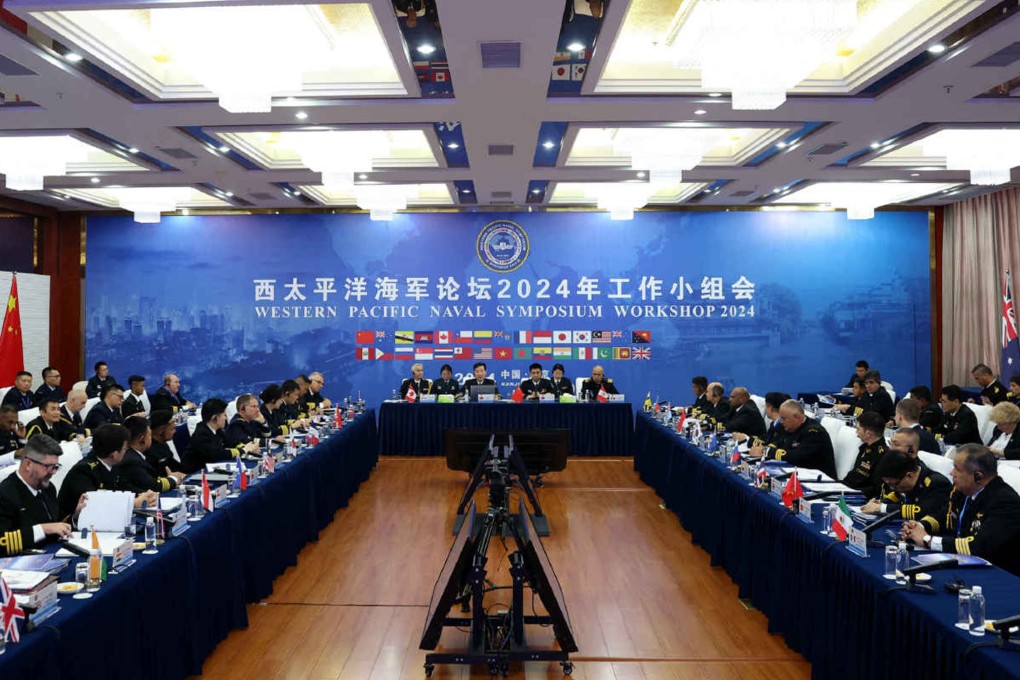Editorial | US will attend naval symposium in China, but who will it send?
- The gathering in Qingdao in April will show whether Washington is serious about high-level contacts with the People’s Liberation Army, or it decides to snub Beijing by dispatching a mid-tier delegation

China is hosting a naval symposium in April in the port city of Qingdao, a gathering which last took place in the country a decade ago. The Chinese navy has invited counterparts from the United States, Russia, Japan and other countries for talks on security aimed at calming tensions and avoiding incidents on the high seas. The hosts will be looking at the guest list with utmost interest.
China will be particularly keen to learn who exactly Washington will dispatch to the Western Pacific Naval Symposium. It would behoove the United States, in the spirit of improving relations and restoring high-level military contacts, to send some top brass. Last time around, under president Barack Obama in 2014, the US delegation included the chief of naval operations and the commander of the US Pacific fleet. That meeting yielded an agreement on a code for unplanned encounters at sea.
But relations have been rocky under presidents Donald Trump and Joe Biden, and bilateral military dialogue was scuppered completely in August 2022, when the then US House speaker, Nancy Pelosi, angered Beijing by visiting Taiwan. Participation in Chinese security conferences was relegated to the lower ranks. At a Beijing forum hosted by the deputy chairman of China’s powerful Central Military Commission in early November, mid-ranking US delegates held limited sideline chats with mid-ranking officers from China.
But later in November, Biden and President Xi Jinping met and agreed to resume bilateral military talks. Ties have warmed, and the sluice gates are creaking open again for bilateral military engagement to help shore up the fragile relationship. The increase in military contacts has been welcome.
The stakes are high. Warships of the world’s most powerful navy have charted courses through the South China Sea and Taiwan Strait, raising the potential for an incident with China’s growing naval force. The presence of the Russian delegation at the same conference as the Americans can perhaps help reduce tensions over war in Ukraine. There is additional uncertainty with the US presidential campaign heating up before the November election. Together, there is a chance to take the air out of a broad range of risks. The symposium also offers an opportunity to meet the new leadership – China’s new Defence Minister Dong Jun is the former commander of China’s navy.

